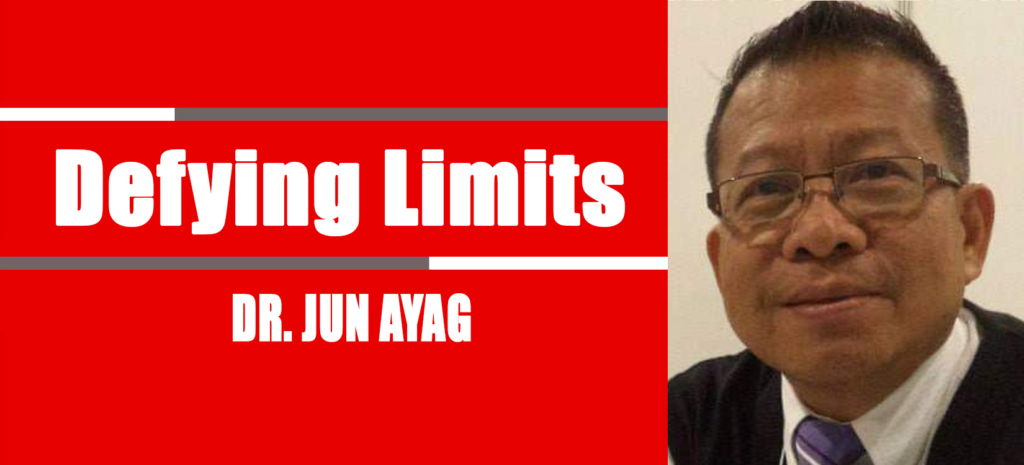
LAST December 2021, I joined a growing learning institution with so much potentials to become a University, the BIT International College. Though I admit that I still have to learn the business curves of the family enterprise nor totally familiar of its big wins and gaps as I was not based in Bohol for more than 3 decades (studied in Cebu and worked overseas) but its popularity as a benevolent school is widespread; and renowned notably on Marine Education, Teachers College and College of Paramedics. You may agree with me of the saying, “Nobody or no one has the monopoly of knowledge”. BIT-IC is comparatively at par with other schools in the Province. She excelled in areas of specialization not considered as turfs of other education providers.
With the short span of my stay, am still doing diagnostic exercise to define organizational competencies which are essential in drawing aspirational direction. The dream of BIT-IC’s patriarch, Atty. Dionisio D. Balite, PhD of bringing the school to a higher level compelled us to conduct a Visioning and Strategic Planning workshop entitled “Going Beyond The Limits”. This was done to assess the prevailing stature and be able to integrate diverse perspectives and learn our competencies which are crucial in the pursuit of successful performance.
We are aware that challenges come in when people of the same organization have varying degrees, even conflicting understanding about the whats, hows and the whys of organizational competencies. As BIT International College has existed for 4 decades now, this is no longer a question of importance but rather a question of alignment.
According to McKinsey, organizational capabilities are anything that people do well that drives business results. Additionally, David Ulrich refers to it as the company’s ability to manage people in order to gain competitive advantage. These abilities derived from the collective competencies of people and the organization’s culture. Competencies refer to attitude, knowledge and skills required to perform the organization’s tasks while organizational culture is the “collective” mindset and practices of the organization.
Doing diagnostics is an Organizational Development approach of managing change. In here, we are embracing OD as a strategy for building organizational capabilities to sustain business results. The strategy consists of leadership, unity of purpose, process excellence and people engagement. This also combines the advocacy of human values and the standards required for the organization’s continuing success.
BIT-IC has opened a new horizon before its eyes. A new horizon right at her doorsteps for she has already been in existence for four (4) decades. To become a University (converting college to a university) is a daunting task yet achievable. The management is confident that this is possible. We believe on the mantra that alone we can do less, together we can do more. To become a university is a challenge for everyone at BIT-IC. Embracing a sense of shared responsibility, through collective effort, we can venture into higher grounds. We won’t remain to be complacent of what we have today. There is a saying that nothing is permanent except change; and that change must be for the better and must start from within.
The road to a new journey requires a lot of efforts; a great challenge to overcome every obstacle that may come our way. It is like chasing dreams, a gigantic task but with sheer determination coupled with organized systematic approach towards complying the requirements, addressing adversities, broadening BIT-IC’s horizon – that is to be a University is not a far cry.
The road to University status is like building for a better tomorrow, a brighter future for everyone, to all stakeholders. This means further developing the capability to create value, – taking a view of the new and rising set of risks and opportunities meeting the changing societal challenges and market expectations.
After the Visioning and Strategic Planning, BIT-IC started blazing a trail of fresh grounds; creating more opportunities and choices to the studentry, the teaching and non-teaching staff and the community as a whole. The new beginning must be lived with conviction that the mirage will become a realm to reckon with. The journey of a thousand miles, starts with a single step. By “defying limits”, we will be there.

